Project Tokyo 2024
Experiments in Making
Faculty: Thom Faulders & guest instructor Andre Caradec
May 13: Zoom program meeting*
Dates: Japan May 20-June 6
Housing Check-in: May 21, 2024
Housing Checkout: June 6, 2024
*Before traveling abroad, the class will hold a required one-day seminar on campus at CCA in San Francisco.
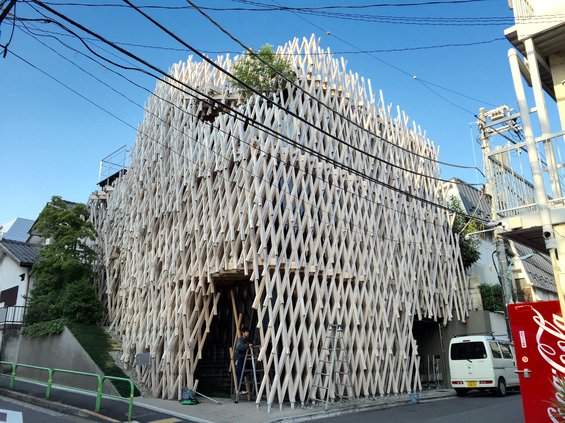
Tokyo is the embodiment of 21st century urban living that challenges our preconceptions of architectural convention: the types of spaces we live in, and how we design buildings amidst forces of change shaping cities throughout the world today. As a work-in-progress that values change over stagnation, Tokyo remains a densely packed city ‘in the making’. Far from being a fixed metropolitan environment that clings to an abstract idea of itself, Tokyo moves towards untapped futures with attitudes of adaptability, architectural impermanence, and high-energy inventiveness. The result is surprisingly novel formations of everyday architecture and urban living. Today, a new generation of Japanese designers is pursuing ways in which new innovations in building can transform large-scale attitudes for urbanization. The architectural results are spaces that combine expression with functionality, and establishes the city as a hotbed of innovation unmatched in the U.S.
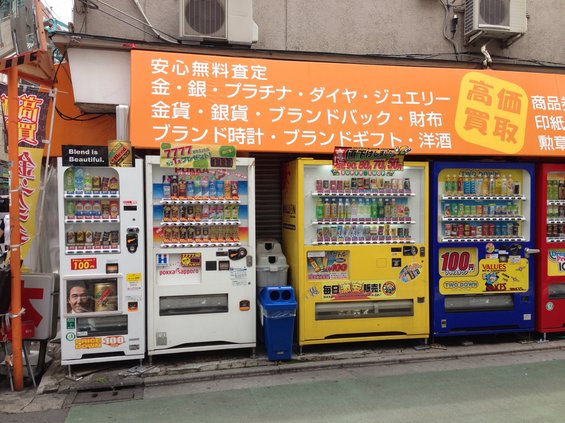
Architect Yoshinobu Ashihara outlines this Japanese legacy for regeneration and adaptive indeterminacy through a history of designing with lightweight materials, operable partitions, and removable walls. Afforded by post and beam construction, this allowed occupants to adjust the building in real time in response to functional demands, programmatic changes, and climate control. He calls this architecture “noncommittal space,” and draws out connections to the contemporary Japanese acceptance for impermanent architecture and an urbanism willing to disregard older buildings in order to embrace the new. As a literal example, Ryue Nishizawa’s Moriyama House in Tokyo deconstructs the house into a collection of freestanding rooms connected to each other via the open shared spaces of the neighborhood – in other words, a house that is made to be both private and public at the same time.
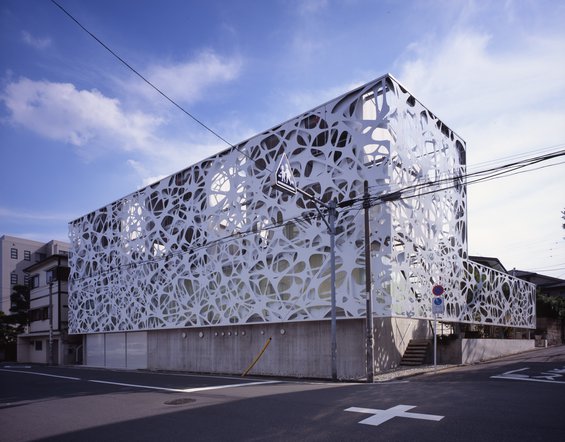
During this summer’s research and travels in Japan, we will uncover, describe, and invent new experiments in making that learn from Tokyo’s exciting architecture. Our travel studio will be primarily focused on the mind-expanding density of Tokyo, with excursions beyond the city throughout the Kansai region as a means to conceptualize its evolution within the larger context of Japanese tradition. Cities will include Tokyo, Kyoto, Ise, and the art islands of Naoshima, Teshima, and Inujima.
The studio will explore a range of internationally recognized built projects – both new and historic. We will have opportunities to exchange with leading architectural thinkers and practitioners that engage making as necessary design tools. While traveling, the class will pursue a creative project that blends documentation with critical representation.
Thom Faulders is Professor of Architecture at CCA and has previously directed two travel summer studios to Japan. First traveling there in 2006, Faulders designed the internationally acclaimed Airspace Tokyo mixed-used building facade, featured Ulf Meyer’s seminal book on contemporary buildings Architecture Guide Tokyo. Faulders has continued to frequent Japan for research and travel, most recently in fall 2023.
Andre Caradec has led numerous architectural design studios at CCA with an emphasis on making and 1:1 production. For the last 10 years, Andre has focused on offshore manufacturing in Southeast Asia and China, working with factories who specialize in textile and composite craft. Working in this landscape as both a designer and client, Andre engages in methods of design that seek to infuse the innate knowledge of tradespersons back into the design process as a feedback loop.
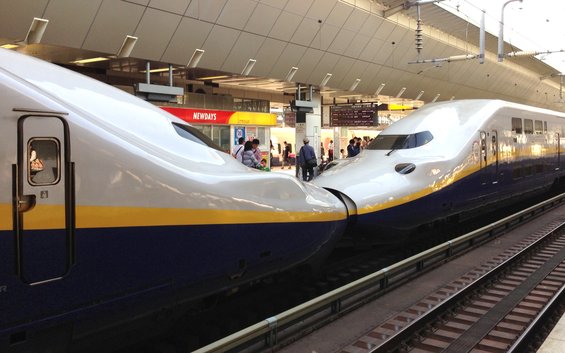
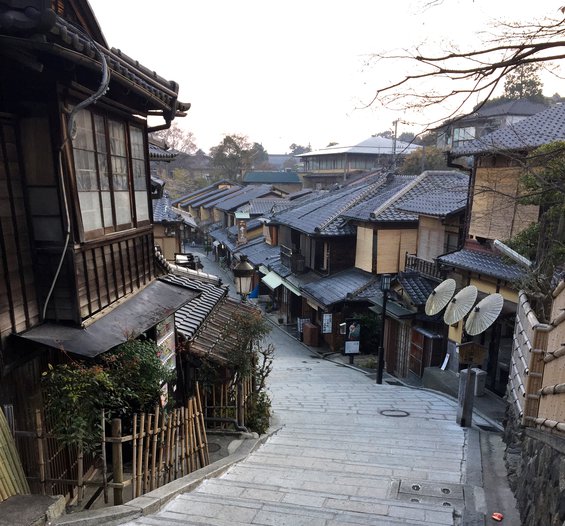
Prerequisites:
- Architecture Undergraduate Students: completion of BArch Studio 4 and instructor approval
- Undergraduate Students from other majors: completion of junior year and instructor approval
- Graduate Students: completion of MArch Studio 2 and instructor approval
- MAAD Students with professional degree background: instructor approval
In addition, all students must be in good academic, conduct, and financial standing for the 2023-24 academic year. Students who are on probation in fall 2023 are not eligible to enroll in a 2024 summer study-abroad program.
Course Satisfies:
- Architecture Undergraduate Students: this course satisfies 3 credits of Advanced Architecture Studio or Architecture Elective.
- Graduate Students: this course satisfies 3 credits of Architecture Elective.
Program Fee
$6,200 + $50 summer registration fee.
Included in program fee:
- 3 credits, housing, some meals, local transportation, guest artists, field trips, entrance fees, and travel/health insurance
Not included in program fee:
- Airfare to and from Japan, ground transportation to and from airport in Japan, most meals
Please read the Summer Study Abroad Registration & Related Information in its entirety.
Questions
Please see Frequently Asked Questions or email studyabroad@cca.edu.
